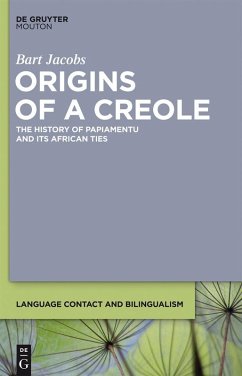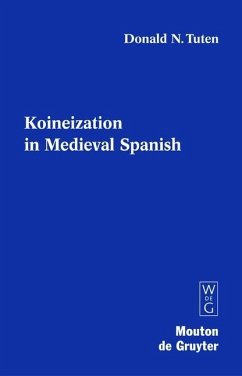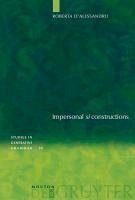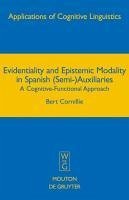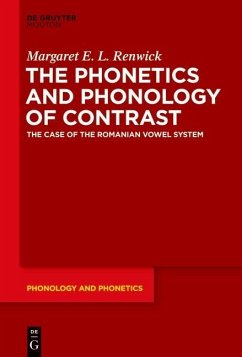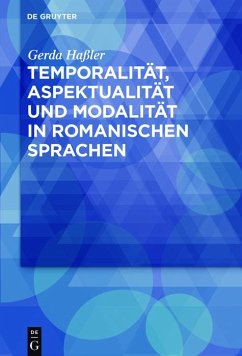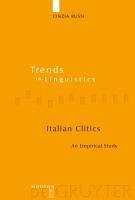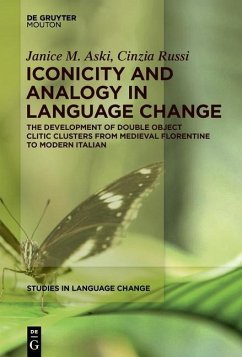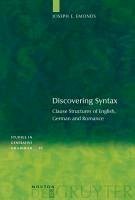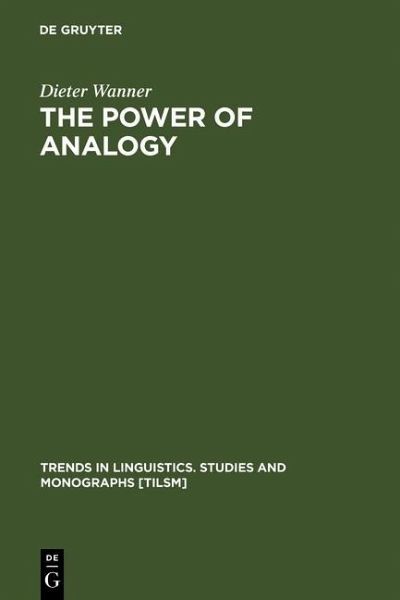
The Power of Analogy (eBook, PDF)
An Essay on Historical Linguistics
Versandkostenfrei!
Sofort per Download lieferbar
104,95 €
inkl. MwSt.
Weitere Ausgaben:

PAYBACK Punkte
52 °P sammeln!
In The Power of Anology, Dieter Wanner argues for reinstating historical linguistics, especially in (morpho-)syntax, as constitutive of any theoretical account of language. In the first part, he provides a critique of some foundational concepts of an object-oriented linguistic perspective, questioning the distinction between synchrony and diachrony, dichotomous parametrization, grammaticality judgments, and formal generalization. Instead, the immanent perspective of the linguistic individual, licensed by broad cognitive functions, highlights such relegated dimensions as similarity, (surface) r...
In The Power of Anology, Dieter Wanner argues for reinstating historical linguistics, especially in (morpho-)syntax, as constitutive of any theoretical account of language. In the first part, he provides a critique of some foundational concepts of an object-oriented linguistic perspective, questioning the distinction between synchrony and diachrony, dichotomous parametrization, grammaticality judgments, and formal generalization. Instead, the immanent perspective of the linguistic individual, licensed by broad cognitive functions, highlights such relegated dimensions as similarity, (surface) redundancy, frequency of form, and social and environmental conditions on language use. In the second part, Dieter Wanner relies on a systematic construct of analogy as the dynamic force enabling language, tying together acquisition, language use, and linguistic change. Such analogy is pervasive, driven by local models, and inevitably spreading through the social web of linguistic practice. The unpredictability, incompletion, and typical slowness of change thereby become the norm, while categorical closure remains a marked possibility. The framework of "Soft Syntax" spells out an operative model for syntax relying on precedence, cohesion, dependence, agreement, constructional identity, and concatenation. These six dimensions and their interplay undergo a detailed exploration of their diachronic operation and implications, applying them to typical examples taken from the history of the Romance languages. The openness of the framework enables diachronic linguistics to approach old problems in a new light and to ask new questions about the mechanics and nature of language change.
Dieser Download kann aus rechtlichen Gründen nur mit Rechnungsadresse in A, B, BG, CY, CZ, D, DK, EW, E, FIN, F, GR, HR, H, IRL, I, LT, L, LR, M, NL, PL, P, R, S, SLO, SK ausgeliefert werden.




